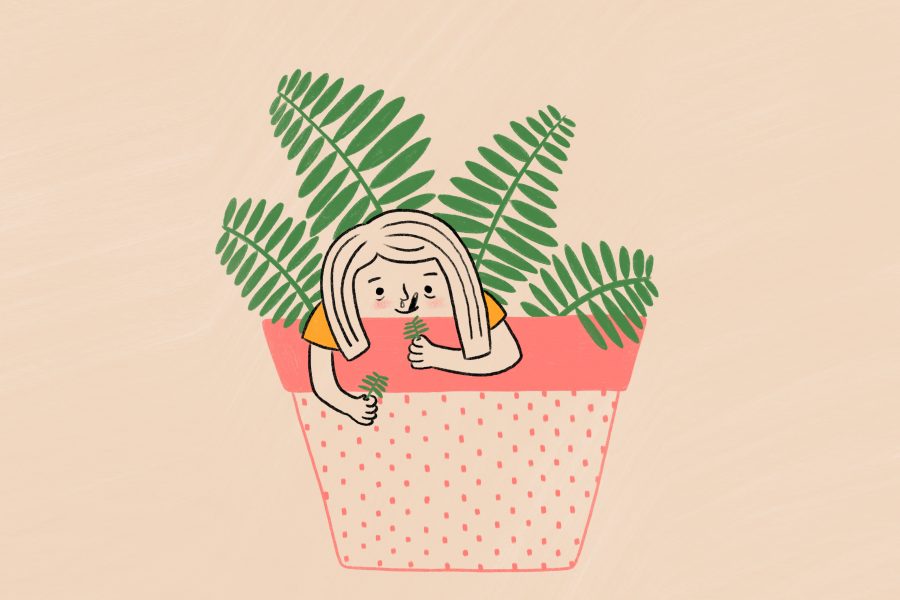You’re sick — it’s the common cold, a bad headache, indigestion or some other inconvenience. Without any official cure, your best bet is to get rest, maybe take some symptom-relieving medicine and wait it out.
However, there are complementary and alternative options for students to recover. Herbal supplements are produced from plants. Plants are part of historical healing routines, as plants provide many benefits to the human body.
Students can improve their general well-being by using natural herbal supplements, such as peppermint or basil, in conjunction with conventional medicine. Either by purchasing herbs or raising long-term botanical plants, students can use herbal supplements to support their bodies during both acute illnesses and daily living.
Mark Blumenthal is the founder and executive director of the international nonprofit American Botanical Council, as well as the editor-in-chief of peer-reviewed journal HerbalGram. He has studied herbs for nearly 50 years, and he believes that there are significant benefits to consuming herbs.
“Twenty-five to 50 percent of modern drugs are either directly or indirectly derived from plants, so plants are our best chemical factory,” Blumenthal said. “Most medicinal plants are relatively safe and gentle acting.”
Blumenthal suggests anise, fennel, ginger, turmeric, aloe vera and other herbs for consumption because of their anti-inflammatory, digestion-promoting and healing effects. For college students with high levels of stress, he believes that herbs such as rhodiola and saffron could prove beneficial given their anti-stress and antidepressant properties.
Despite the many benefits of herbal medicine, many students rely only on common, conventional medicine forms.
Elmer Yang, a Plan II and business honors freshman, was sick with a fever and a bad cough for two straight weeks this semester.
“I mostly relied on Mucinex and other (conventional) forms of medicine to get better,” Yang said. “I somewhat regret not using herbs and other natural sources because it might have sped up the process.”
Yang, like many UT students, used the most common forms of treatment available. However, students can go a step further in promoting their health by supplementing their diet with natural herbs.
Students can purchase a variety of these beneficial herbs at local grocery stores near campus or at the UT Farmstand on the second and fourth Wednesday of each month. Alternatively, students can communally grow the herbs in small potted plants in their dorms or at UT Microfarms.
At UT Microfarm, to grow the aforementioned herbs, students can rent a 4-foot by 4-foot plot of land for $10 a semester or a 4-foot by 8-foot plot for $15 a semester.
UT students face a variety of acute illnesses throughout the year, and herbal supplements could prove helpful to reducing symptoms and promoting overall student health. Whether by purchasing or planting their own botanicals, students can be more proactive about naturally improving their health with these herbs. It’s time for students to take control of their own health in an accessible and natural way.
Mathavan is a business honors freshman from McAllen.





















